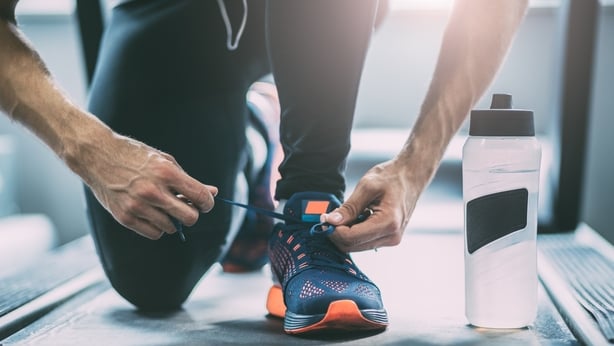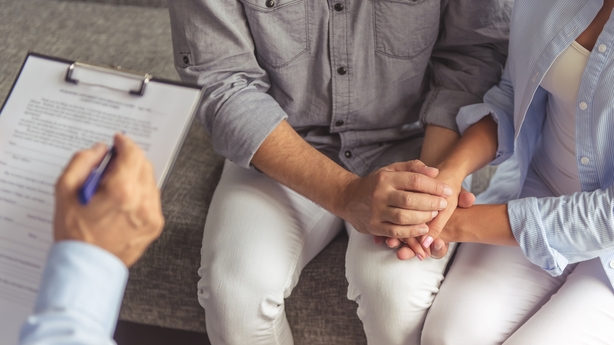While the dream of having a baby becomes a reality within a year of trying for 85% of couples, the remaining 15% can go through agony trying to conceive. Dr Máire Finn joined Miriam O’Callaghan to talk about all things conception and to share the best advice from her expert opinion on how to boost your chances.
Your first port of call? Put on your own oxygen mask first, metaphorically speaking that is. Dr Máire says it is of vital importance to look within and make sure you are as happy and healthy as possible when trying to conceive.
"What we really need to look at is your general medical health, your physical health, your mental health, your emotional and relationship health, make sure everything is going well… Being underweight or overweight is difficult, it actually interferes with your fertility for women and for men… Folic acid is essential for women planning a baby because that protects the baby’s brain development. Vitamin D is important as well."
It is vital that both partners create as healthy a body and mind as possible when preparing for baby and smoking is an absolute no-no for both as it reduces the quality of the semen.
Another thing to watch out for is a sedentary lifestyle and specifically men working with laptops on their laps as the heat can negatively affect semen production.

The big question: once you decide to have a baby, how long should you wait before seeking medical advice? The answer depends on your age.
"For women, their optimum fertility really does reduce after 35 so if you are trying and you’re over 35, we would probably start investigating sooner. If you’re younger than that, we’d say maybe wait a year."
While the worry of time slipping away can be a huge source of anxiety and tension, Dr Máire says that taking the pressure off yourself can be the best thing you ever do, for yourself and for your chances of getting pregnant. "It’s counter-intuitive," she says.
On the one hand, you are actively monitoring your body to make the most of your monthly fertility window, but on the other, relaxing and going with the flow is also an important part of the process.

When you do identify your fertile window, which Dr Máire explained is longer than you may realise, occurring between day 8 and 26 of your cycle from the first day you bleed, logic might dictate that it’s time to have as much sex as possible to increase your chances.
Actually, and again, counter-intuitively, this isn’t the case, says Dr Máire. "Semen quality improves if it isn’t used every day," so every second day is preferable.
"The other really important thing is that it’s enjoyable, it’s not a chore, it’s not a ‘we-have-to-get-pregnant’ because that puts pressure on people which interferes with the frequency and quality of lovemaking as well."


